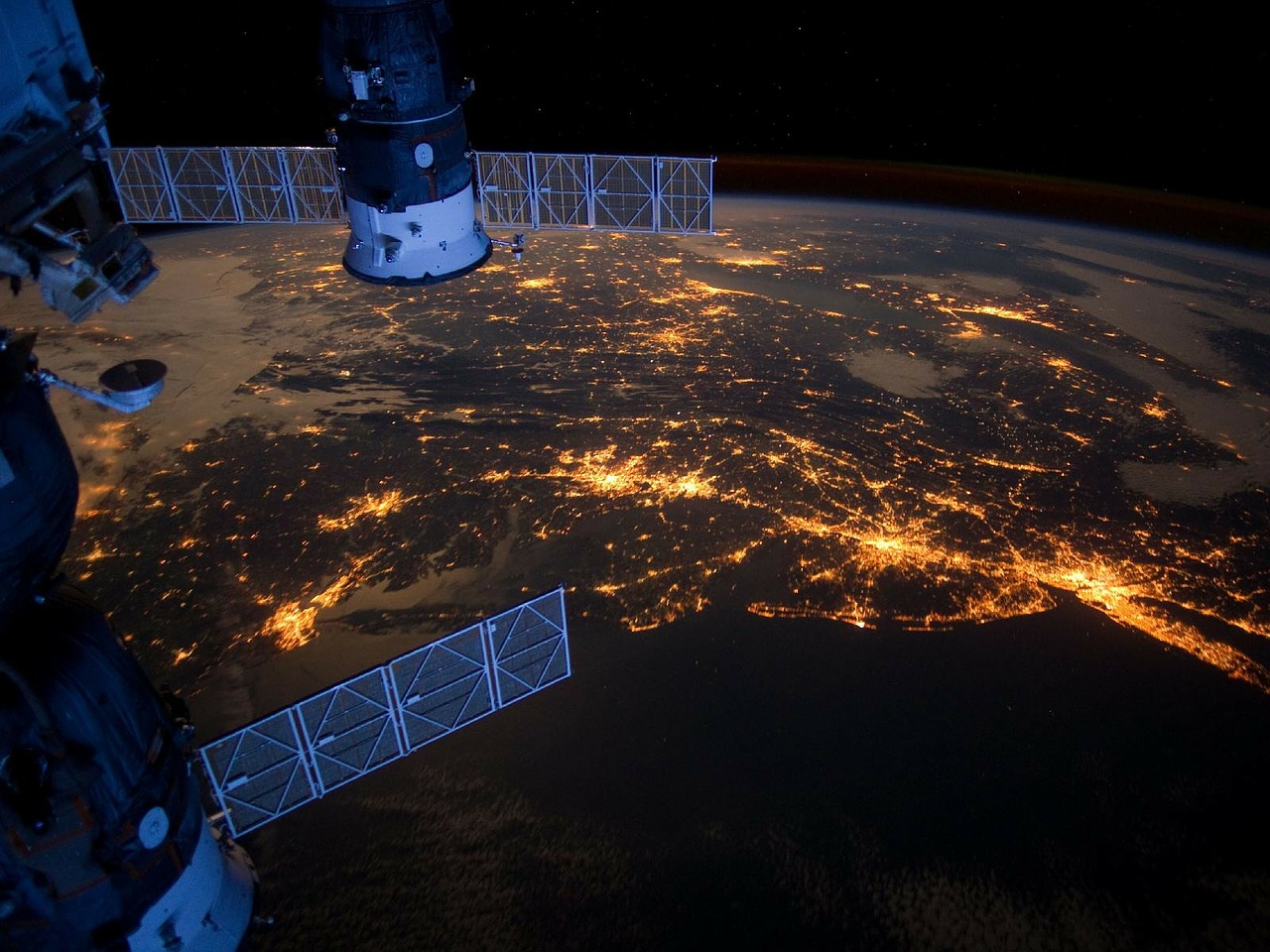Written by: Kimberly White
On May 7th, WattTime announced a new project in collaboration with Carbon Tracker, Google, and the World Resources Institute (WRI).
The project will quantify carbon emissions from all of the world’s largest power plants by utilizing AI technology. Data collected will be made available in a public database.
The data is intended to hold the polluting plants accountable to environmental standards and enable advanced new emissions reduction technologies.
“Far too many power companies worldwide currently shroud their pollution in secrecy. But through the growing power of AI, our little coalition of nonprofits is about to lift that veil all over the world, all at once,” said Gavin McCormick, Executive Director of WattTime. “To think that today a little team like ours can use emerging AI remote sensing techniques to hold every powerful polluter worldwide accountable is pretty incredible. But what I really love about better data is how it puts most companies, governments, and environmentalists on the same side. We’ve been thrilled to see how many responsible, forward-thinking groups have started using advanced data to voluntarily slash emissions without anyone making them.”
Leveraging the existing and ever-growing global satellite network, the project will observe the power plants from space. Using the latest image processing algorithms, AI technology will detect emissions from the power plants by cross-validating multiple indicators of emissions that indicate heat near smokestacks and cooling intake.
“Accurate global emissions data has the ability to inspire everything from local environmental activism, to new and effective environmental policy, to verification that countries are achieving national-level emissions targets such as Paris Accord commitments,” states WattTime.
The project will be funded by a $1.7 million grant from Google.
“We received thousands of applications to the Google AI Impact Challenge and are excited to be supporting Carbon Tracker, WattTime and the WRI with funding and expertise from Google,” said Jacquelline Fuller, president of Google.org. “AI is at a nascent stage when it comes to the value it can have for the social impact sector, and we look forward to seeing the outcomes of this work and considering where there is potential for us to do even more.”







